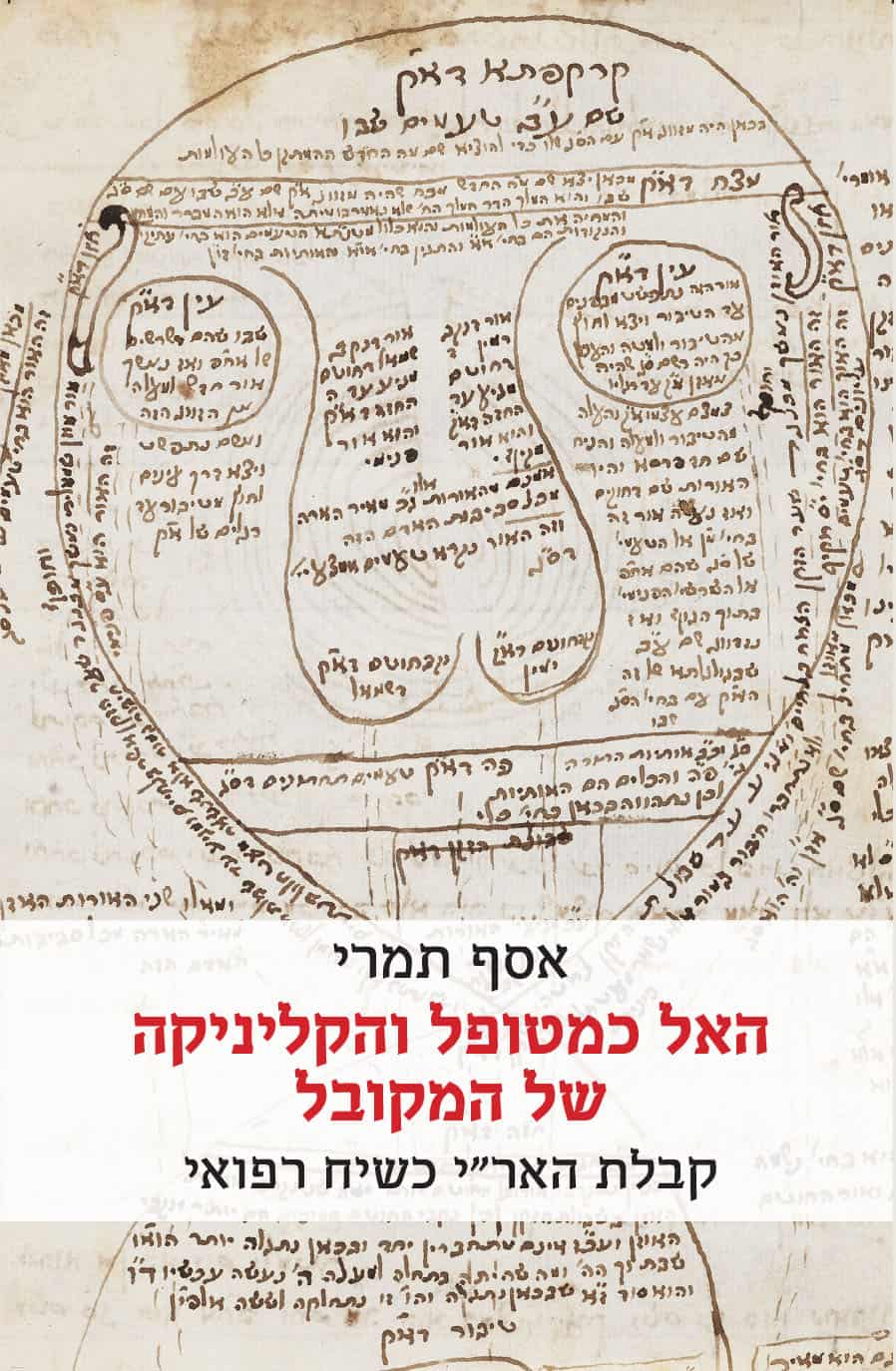Multiple Modernities
| By | Shmuel Noah Eisenstadt |
| Publisher | Van Leer Institute Press and Hakibbutz Hameuchad |
| Language | Hebrew |
| Year of Publication | 2010 |
| Series | Theory in Context Series |
Multiple Modernities presents a new approach to the study of modernity. In contrast to the common view, it emphasizes the idea that in different places different patterns of modernity developed. If we look at the United States, Latin American countries, Japan, India, Israel, and other countries and societies, we see that not one of them has copied the initial pattern of modernity in its entirety, and that each has developed its own characteristic patterns of modernity. True, these patterns have shared basic lines that justify the tendency to see modernity as a unique civilization that took shape primarily in western Europe, but it is important to emphasize the variegation of the patterns that developed in each place. Special importance is ascribed to the development of patterns of modernity in Asian countries, such as Japan, and mainly India, which is the largest modern country in the world today.
The book reviews the classic approaches to the study of modernity and offers a thorough analysis of the political and cultural premises of the original European model, including its creative and positive aspects and its destructive potential. The book also describes at length the different manifestations of the core of modernity in the various countries, by way of a clear comparison between them, and analyzes some of the developments in the most recent period against the background of processes of globalization.
Prof. Shmuel Noah Eisenstadt is the most senior of Israeli sociologists and one of the greatest scholars of contemporary world sociology. In the international academic world Eisenstadt’s huge research endeavor is viewed as having contributed more than anything else to making the social sciences interdisciplinary and supra-local. More than any other contemporary sociologist, he is seen as having linked sociological theory to historico-empirical research and as having labored mightily to promote multiple and comparative interpretations of times and cultures. A central part of his work is devoted to Jewish civilization and Israeli society.
In more than fifty years of research, Eisenstadt has published dozens of books and hundreds of papers. His studies have earned him many awards, including the MacIver Award of the American Sociological Association (1964), the Rothschild Prize in Social Sciences (1969), the Israel Prize in the social sciences (1973), the International Balzan Prize (1988), the European Amalfi Prize for Sociology and Social Sciences (2001), the Emet Prize (2005), and the prestigious Holberg Prize (2006).




